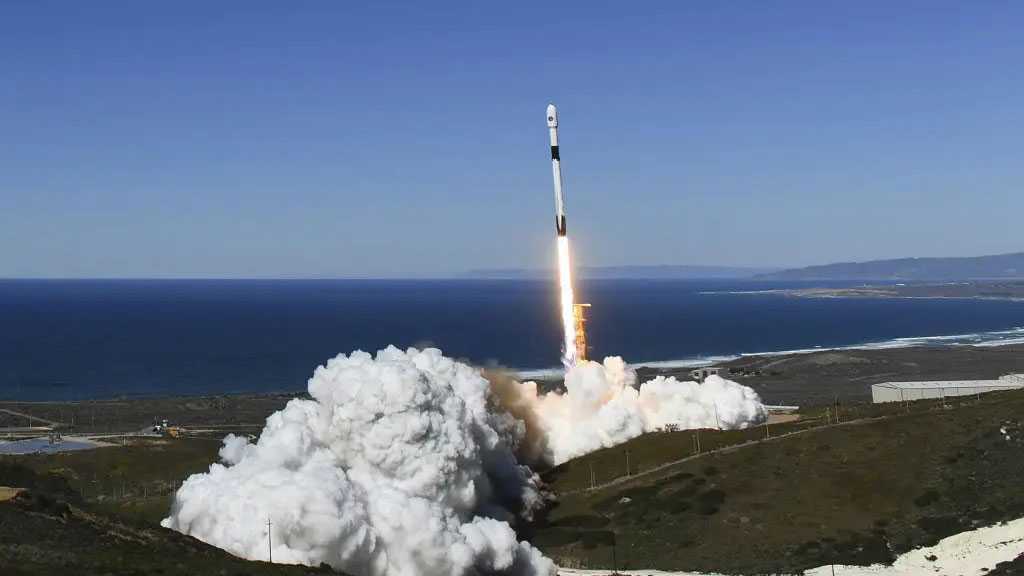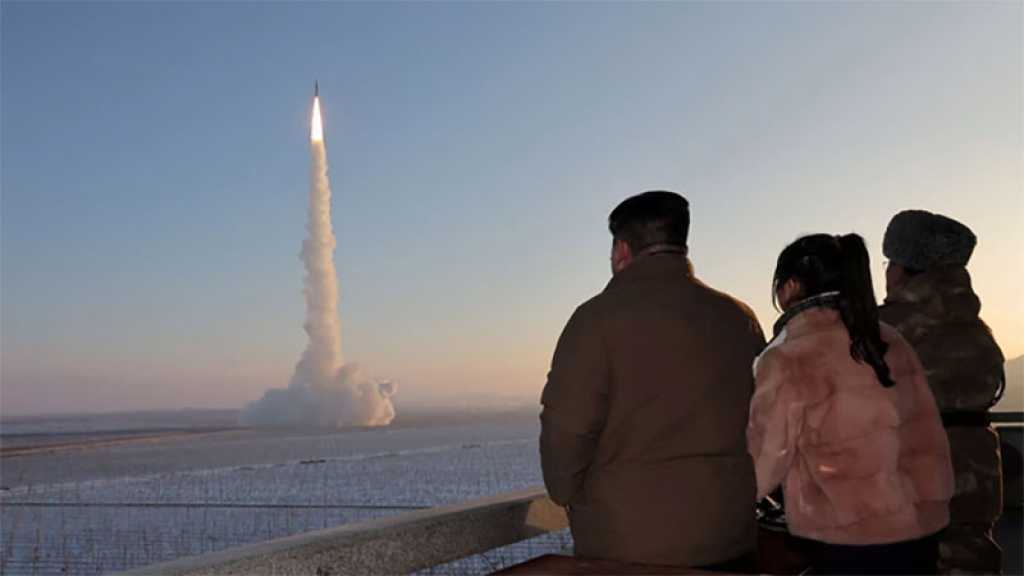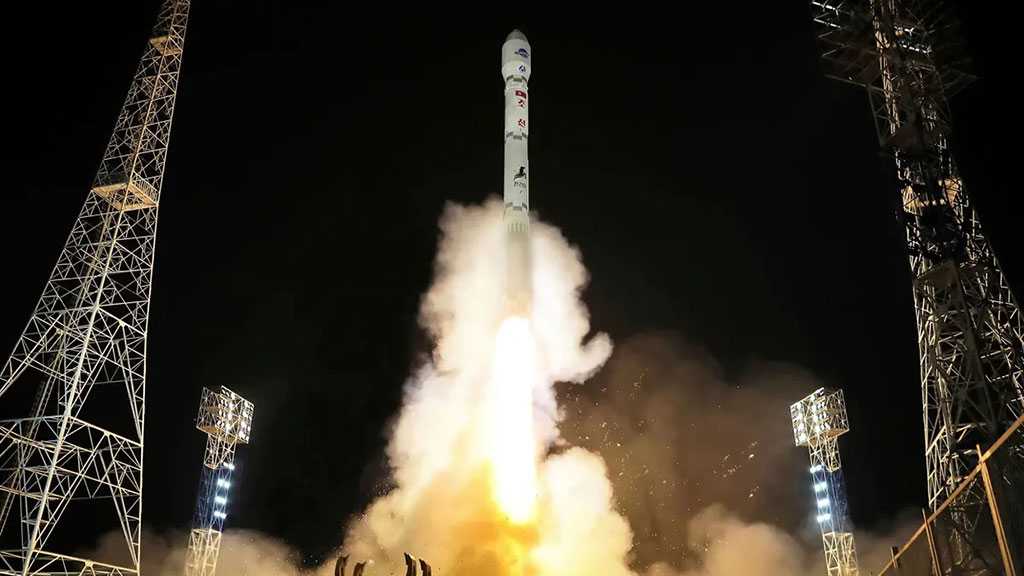
S. Korea, US Mull Further Strategic Deployment after North Test
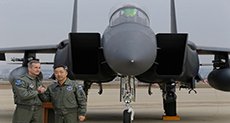
Local Editor
South Korea said Monday that further US "strategic assets" might be deployed to the Korean peninsula, following a flyover by a US B-52 bomber in response to North Korea' nuclear test.
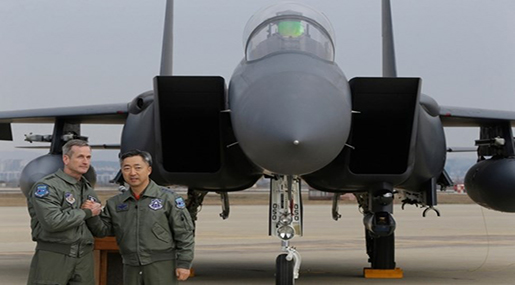
Seoul also announced new restrictions on the movement of its citizens to the jointly-run Kaesong industrial park, just a few kilometers over the border inside North Korea.
The South has taken an uncompromising stance in the wake of Wednesday's test, urging the international community to impose harsh sanctions on Pyongyang and resuming high-decibel propaganda broadcasts into North Korea.
In a show of strength on Sunday, a B-52 Stratofortress -- flanked by South Korean F-15 fighter jets and US F-16 planes -- flew over Osan Air Base, some 70 kilometers [45 miles] south of the inter-Korean border.
The US military said the fly-by was a demonstration of the "ironclad" commitment to its military alliance with South Korea, and a direct response to the North's fourth nuclear test.
"South Korea and the US are in close consultation about additional deployment of other strategic assets on the Korean Peninsula," Defense Ministry spokesman Kim Min-Seok told a regular press briefing in Seoul.
Furthermore, US and South Korean media reports had speculated that the nuclear-powered aircraft carrier USS Ronald Reagan -- currently based in Japan -- as well as B-2 stealth bombers and F-22 stealth fighter jets are among the deployments being considered.
Asked about Sunday's flyover, China's foreign ministry on Monday urged all sides "to exercise restraint" to avoid jeopardizing stability on the Korean peninsula.
Under the US-South Korea military alliance, there are nearly 30,000 US troops permanently stationed in South Korea, which is also protected by the US "nuclear umbrella".
US forces in South Korea were put on their highest level of alert on Monday in case of any provocation from North Korea.
Curtis Scaparrotti, Commander, UN Command/Combined Forces Command/United States Forces Korea [USFK], made the order during a visit to the Osan Air Base, operated jointly by the United States and South Korea, a USFK official said.
South Korean President Park Geun-Hye will make a televised address to the nation on Wednesday, followed by a rare news conference, her office said.
The South's special envoy on North Korea will meet in Seoul with his US and Japanese counterparts the same day.
North Korea says last week's test was of a miniaturized hydrogen bomb. State media published a photo Monday of leader Kim Jong-Un posing formally with hundreds of scientists, workers and officials who took part in the underground detonation.
Kim urged them to ensure "uninterrupted advance and innovation... for bolstering the nuclear deterrent", the North's official KCNA news agency reported.
The test has been widely condemned and the UN Security Council is discussing a new resolution that would tighten sanctions already imposed on the North after its three previous nuclear tests and banned missile launches.
As well as resuming the propaganda broadcasts, which one top North Korean official has warned could bring the peninsula to the "brink of war", Seoul has taken measures to restrict movements to the Kaesong industrial park.
On Monday the unification ministry announced that the number of South Koreans allowed to stay overnight in Kaesong was being reduced from 800 to 650.
"The aim is to minimize the presence in Kaesong, while not hampering actual production activities," a ministry official said.
The Kaesong industrial estate opened in 2004 and currently hosts more than 120 South Korean companies which employ some 53,000 North Korean workers.
The move is apparently motivated by fears that South Koreans staying in the zone could be vulnerable if North-South tensions continue to escalate.
The defense ministry spokesman in Seoul also said Monday that North Korea had deployed more troops to frontline border units.
"There has been an increase in troops along the border following North Korea's fourth nuclear test," Kim said. "But there are no immediate signs of any imminent provocation."
Source: News Agencies, Edited by website team
Comments
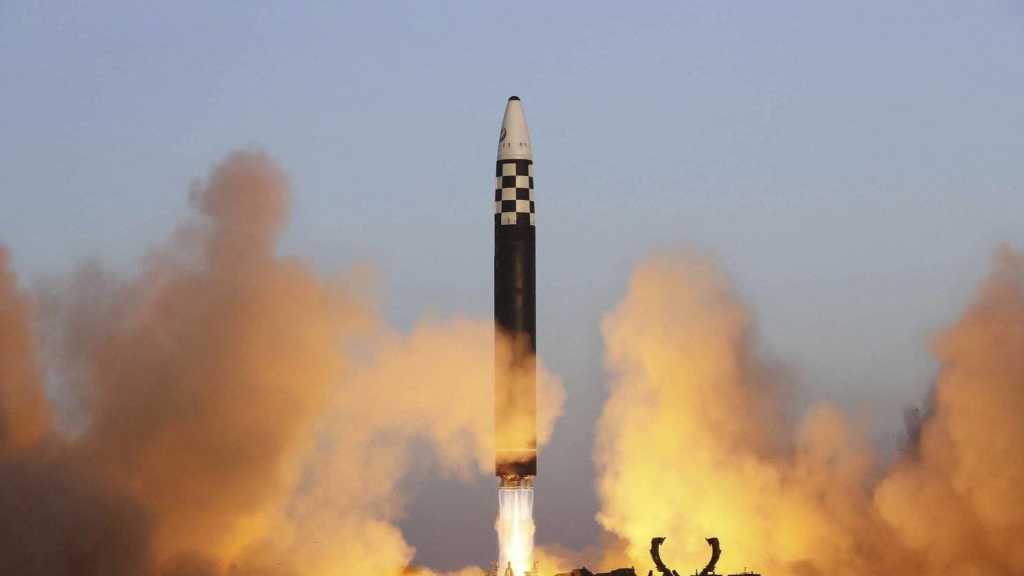
North Korea Launches Ballistic Missiles
4 months ago